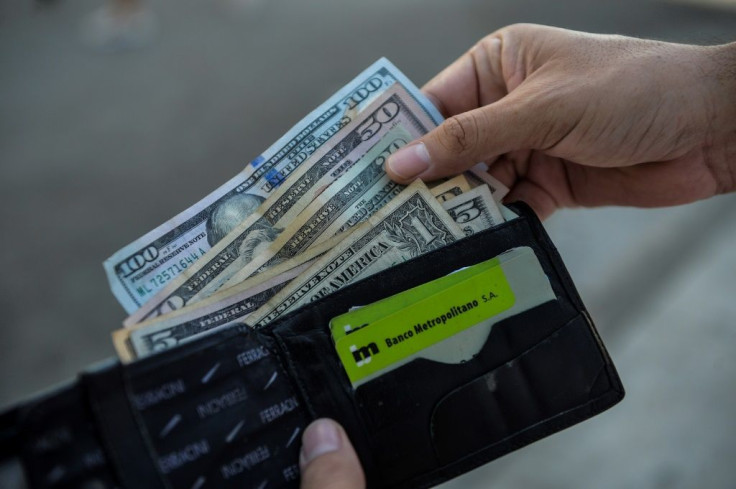When Will Your Second Stimulus Check Arrive? Here's Who Will Get It First
KEY POINTS
- Trump signed the $900 billion bipartisan bill that includes $600 stimulus checks
- The IRS could begin sending direct payments as early as next week
- The new bill will now provide checks to everyone who received the first round of payments
President Donald Trump on Sunday night signed the $900 billion relief bill that would provide millions of Americans $600 checks, months after the first round of payments were made possible by the CARES Act.
Sunday’s signing came days after Trump posted a video on Twitter in which he urged Congress to increase the “ridiculously low” payments to $2,000 per individual and $4,000 per couple.
“As President, I have told Congress that I want far less wasteful spending and more money going to the American people in the form of $2,000 checks per adult and $600 per child,” Trump said in the video.
The signing of the legislation now gives the Internal Revenue Services authorization to begin sending out the stimulus checks to eligible citizens. Individuals who have their direct payment information on file with the IRS could see the payments in their bank accounts in a few days.
“This is a very, very fast way of getting money into the economy. Let me emphasize: People are going to see this money at the beginning of next week,” Treasury Secretary Steven Mnuchin told CNBC on Monday.
Who will receive $600 stimulus checks?
The new bipartisan legislation would likely follow most of the rules in March’s CARES Act. However, not everyone who was eligible for the first payments would receive the $600 personal checks.
Adjusted gross income
American individuals who earn up to $75,000 in adjusted gross income, up to $112,500 as head of a household, or up to $150,000 as a married couple would receive the $600 stimulus checks. Payments will be reduced by $5 for every $100 earned over the income thresholds.
Nonresident aliens with U.S. citizen spouses
The new $900 bipartisan legislation allows non-U.S. citizens whose spouses are U.S. citizens to receive the $600 checks. In March’s CARES Act, Congress did not provide nonresident aliens and their U.S. citizen spouses combined payments of $1200.
Nonresident aliens are people who failed to pass the green card test or the substantial presence test, according to the IRS.
Nonresident aliens and their U.S. citizen spouses could still receive the first check if both people have Social Security numbers or have been a member of the U.S. Armed Forces during the tax year.
Dependents
Children ages 16 and under will receive $600 stimulus checks under the $900 billion bipartisan legislation. When the first round of stimulus checks were sent out, dependents ages 17 to 24 were excluded from receiving $1,200 checks. The new legislation would exclude the group once again due to the tax code definition of a child.
Incarcerated people
In the CARES Act, the IRS interpreted that people in jail or prison were ineligible to receive the first round of checks. However, a federal judge in California ruled that incarcerated people could file for first payments online by Nov. 21.
The IRS has appealed the decision, but the current legislation does not prohibit incarcerated people from getting $600 payments.

© Copyright IBTimes 2025. All rights reserved.




















